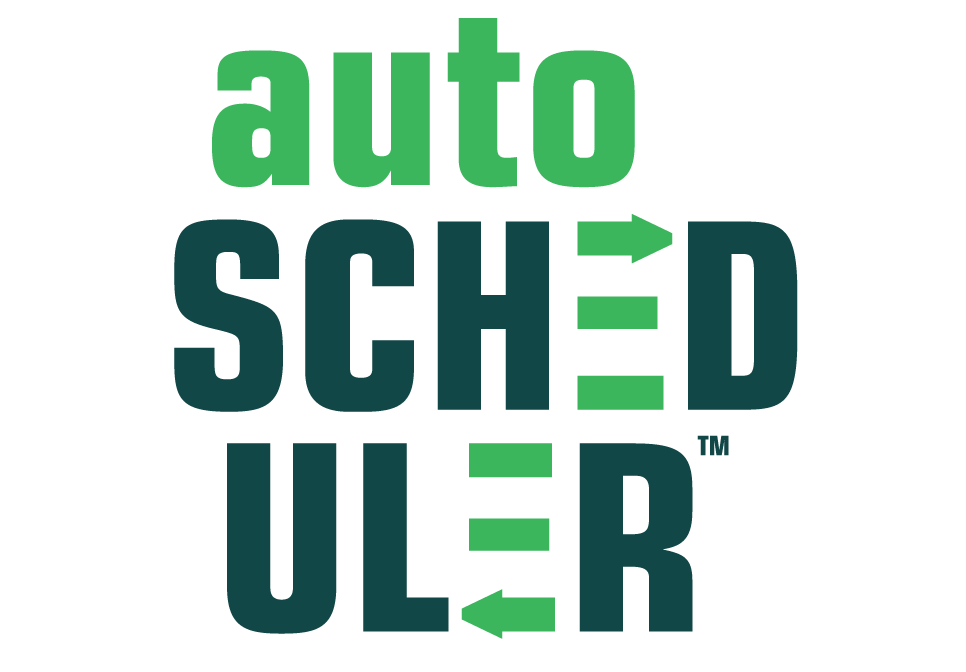AUTOSCHEDULER.AI FEATURED IN Supply Chain Matters Education Series - Part 2 of 4
Supply Chain Control Layer Technology Applied In Consumer Products Goods
By Bob Ferrari – Posted September 6, 2023
The Supply Chain Matters blog provides the second in a four-part series of market education postings addressing the evolving use of Cloud based control layer technology platforms applied to warehousing and customer fulfillment processes.
This joint thought leadership series is provided in collaboration with AutoScheduler.ai
View Part 1 Here
Background
In our initial commentary, Primer For Control Layer Technology Platforms Applied To Warehousing And Customer Fulfillment Processes, we pointed out that in today’s more dynamic environment of business and operational changes, enhanced supply chain execution planning related to hourly, daily or weekly operational windows are now essential.
We addressed the four most important variables in enhancing operational planning and process synchronization for warehousing and distribution center operations. New supply chain management focused Cloud based technology offerings are now being positioned to augment the synchronization of planning and execution and to extract and augment key analytics and decision making needs. Synchronization of multiple facilities throughput and added efficiencies are where new control layer systems are garnering their most important benefits in the ability to orchestrate more-timely, and more-informed decisions.
Specific Example- A Multinational Foods Manufacturer
A specific example involves a multinational consumer goods food manufacturer.
This particular company’s product production and distribution network material flows involve 38 facilities across North America. Production facilities typically have attached warehouses with goods flowing directly to retail or channel customers either utilizing regional based distribution or product mixing centers.
The overall goal of the company is to fulfill orders within the same day the product is produced, usually under the umbrella of a direct store delivery (DSD) inventory replenishment process. Goods are transported either by private fleet or use of contracted carriers.


